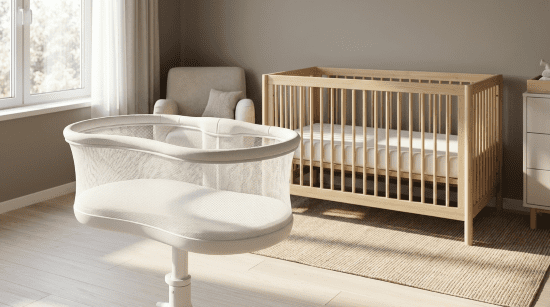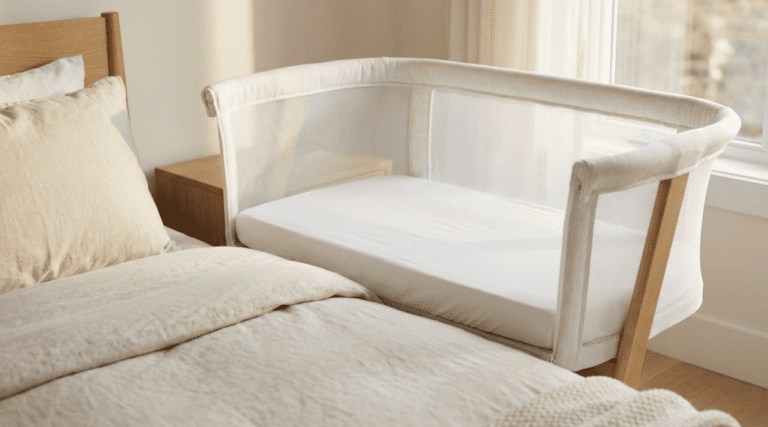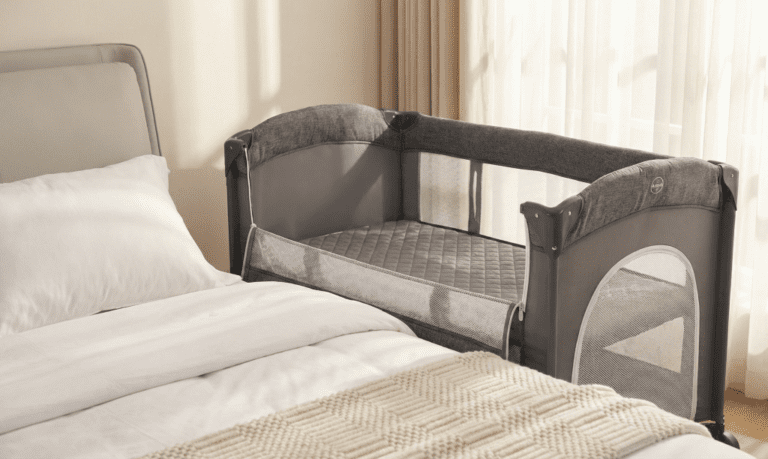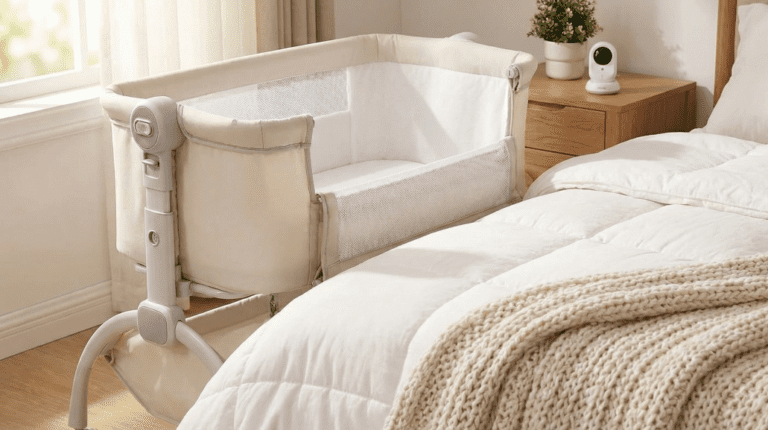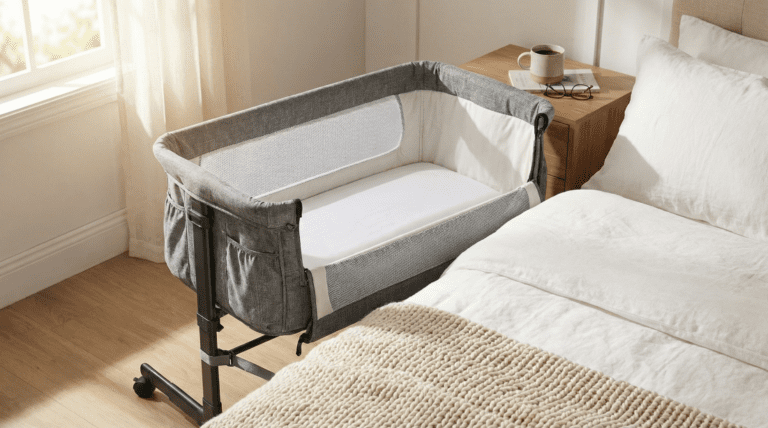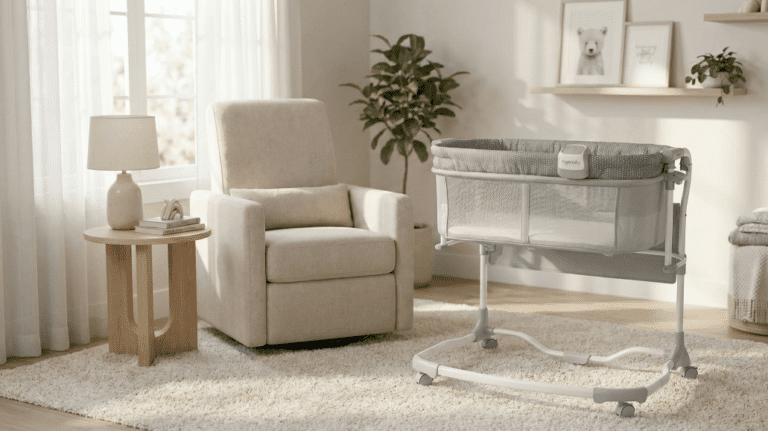Motherhood, One Nap at a Time
Welcome to your digital village, where I share honest encouragement, researched baby tips, and the simple things that make the newborn days feel a little less overwhelming. Grab a cup of coffee (reheated is fine) and settle in—you’re doing a great job, mama.
Fresh Reads !
The latest tips, honest reviews, and parenting insights hot off the press. Dive into our newest articles covering everything from essential baby gear comparisons to practical advice for navigating the first years of parenthood.
Check Them Out!The Lifestyle Starter Bundle
Get my free Lifestyle Starter Bundle and jump into a curated mix of easy routines, home tips, wellness ideas, and gentle inspiration.
Grab the guide now!What’s trending
 Bassinet
Bassinet
The 10 Best Bedside Sleepers for C-Section Moms (Easy Access & Safety)
C-section recovery requires a specific type of bassinet. We tested and ranked the 10 best bedside sleepers specifically designed to minimize twisting and lifting. From the HALO BassiNest’s 360-swivel to the Maxi Cosi’s slide function, discover which co-sleeper will help you heal faster while keeping your newborn safe and close.








